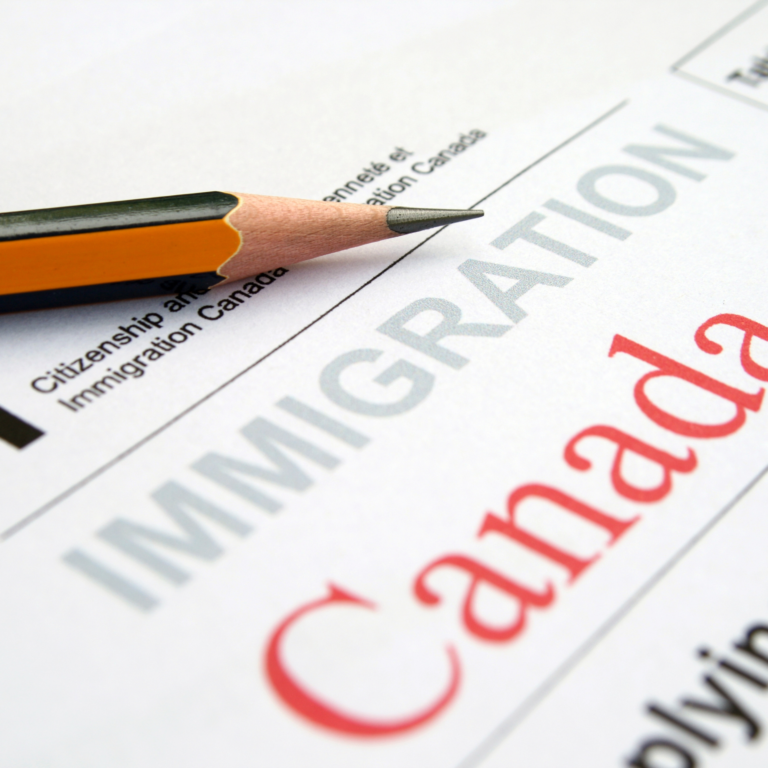Immigration to Canada

Canada is a land of immigration, and its population includes more than 20 % foreign-born people, according to data from Statistics Canada in 2016. The trend is set to rise over the next decade, given the ongoing modernization of Canada's immigration policy, and especially the recent increase in IRCC immigration levels. Canada expects to welcome 1.2 million newcomers over the 3-year period from 2021 to 2023. Immigrating to Canada is a dream for many foreigners. However, you need to manage it as a real project, and define your objectives first. Why do you want to immigrate to Canada? Why Canada and not another country to settle in and start a new life? What program should you choose to immigrate to Canada? These questions can have many answers. There are many permanent and temporary residency programs, and each has its own requirements.
Temporary residence
Temporary residence is for foreigners, i.e. people who are neither Canadian citizens nor permanent residents. They are legally in Canada for a limited period of time. Temporary residents are authorized to enter Canada to visit, study, work or stay temporarily for any other reason. There are several temporary residency programs:
You can apply for a temporary resident visa, an Electronic Travel Authorization, a Super Visa or a Temporary Resident Permit.
To study in Canada, you need a study permit and a visa.
To work in Canada, you need a work permit and a visa.
If your destination as a temporary resident is Quebec, you must first obtain a Certificat d'acceptation du Québec (CAQ) before applying for a study or work permit/visa from the federal government.
Permanent residence
A permanent resident is a person who is not yet a Canadian citizen, who has obtained the right to live permanently in Canada, and who has not lost this right. There are conditions to be met in order to remain a permanent resident once this status has been obtained. There are several routes to permanent residency in Canada:
- Economic immigration programs: Skilled worker programs (Express Entry, Provincial Nominee Program, Quebec Skilled Worker), Live-in Caregiver Program, Business programs (Federal Business Start-Up Visa, Federal Self-Employed, Quebec Self-Employed, Quebec Investors, Quebec Entrepreneurs, Quebec Experience Program).
- Family reunification: under certain conditions, you can sponsor members of your family to become permanent residents of Canada. In particular, you can sponsor your spouse, common-law or conjugal partner, parents and grandparents, natural or adopted children, grandchildren, brothers, sisters, nephews or nieces. Eligibility requirements vary from one family member to the next, and you should obtain all the information you need, or seek the assistance of an authorized representative, before applying to sponsor. If your destination as a permanent resident is Quebec, you must first obtain a Certificat de Sélection du Québec (CSQ) before applying to the federal government for permanent residency.






